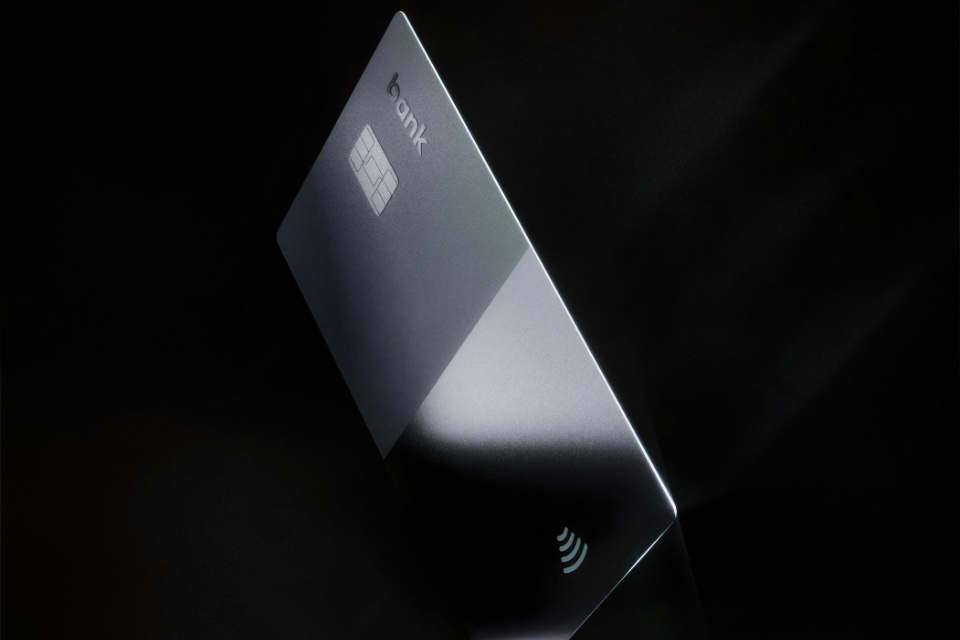Over half of consumers (62%) in the UK say that they prefer to pay with debit or credit cards, highlighting the continued dominance of traditional card-based transactions.
That’s according to research from SumUp, which reveals 18% of consumers find mobile payment options, such as Apple Pay and Google Pay to be the most convenient choice, reflecting the growing adoption of digital wallets.
Furthermore, there are notable age-based differences that come with this method. Among younger generations, mobile payments are popular, with more than a third (36%) of those aged between 18 and 24 adopting mobile payment methods, alongside 28% of people aged between 25 and 34.
Interestingly, this shift towards mobile banking has also resulted in some forgetfulness around traditional debit card details. A surprising 23% of 18 to 24-year-olds have forgotten their debit card PIN, while 22% of those aged 25 to 34 report the same issue. This highlights how the increasing reliance on mobile payments is slowly making debit cards feel less essential, particularly for younger consumers.
Interestingly, only 11% of people still favour paying in cash, highlighting the shift towards more streamlined and digital alternatives. Other emerging payment methods include Buy Now, Pay Later services (4%), alongside more innovative methods such as cryptocurrency and wearable technology like smartwatches and payment rings (1%).
Over half (51%) of people said that they have changed the way they pay for goods and services over the past year. Among them, 22% have embraced digital payment methods, with the increased convenience of this method being a key factor in their decision.
Additionally, 15% of consumers have reduced their use of cash, largely due to merchants and transportation services adopting tap-to-pay, making physical cash less necessary. Meanwhile, 9% have turned to Buy Now, Pay Later services, appreciating the flexibility of spreading payments over time and taking advantage of special offers from retailers through these services.
Furthermore, 4% have started using subscription-based services for regular purchases such as groceries, pet food, or personal hygiene products, enjoying the ease of scheduled deliveries and fixed payment plans. These shifts all reflect the growing demands for convenience and flexibility in how consumers make purchases.
A quarter (25%) of people express a dislike for paying with cash, and for many, businesses that don’t offer digital payment options can be a source of frustration. In fact, 19% find it inconvenient when a business doesn’t accept digital payments or cards, while 11% actively avoid such businesses, expecting all establishments to provide digital payment options as a standard.
Despite 8% of consumers preferring to shop at cash-only businesses, three quarters (75%) still consider cash as an option in certain situations. For 26%, using cash provides a greater sense of control over their spending, whilst 22% find it quicker and more convenient. Additionally, 17% of consumers simply prefer the tactile nature of cash transactions.
Furthermore, 22% of people only use cash when they receive it as a gift, such as during Christmas or birthdays, highlighting how certain occasions still drive cash usage.
Other reasons for continued cash usage include the desire to avoid digital payment fees or charges (12%), the lack of access to digital payment methods (12%), and concerns over the security of digital transactions, of which 8% of consumers expressed a mistrust.
The survey revealed that more than a quarter (29%) of UK consumers would trust AI to make small, automated payments on their behalf – highlighting a growing openness to AI-driven financial tools. Among those respondents, 11% said they would be comfortable allowing AI to handle all types of payments, while 12% would trust it to manage recurring expenses such as bills and subscriptions. Additionally, 7% said they’d be happy for AI to take care of everyday purchases such as groceries, transport, and coffee – suggesting convenience is a key driver in evolving payment preferences.
While 71% of UK consumers said they wouldn’t be comfortable with AI making payments on their behalf, the data suggests that the hesitancy stems from a desire to maintain control over their finances. Among those respondents, a third (33%) said they would prefer to review transactions before they are processed, whilst 38% expressed outright distrust over AI making financial decisions on their behalf.
London has long been a trendsetter when it comes to consumer behaviour, with its thriving economy making it a key way to measure changes in the wider market. As payment preferences continue to evolve, Londoners are at the forefront of adopting new technologies and payment methods.
Similarly to Brits overall, 61% of Londoners prefer paying with debit or with credit cards. However, a slightly larger proportion of 20% opt for mobile payment methods, and a lower amount of people prefer cash (8%).
Two thirds of Londoners (66%) said that they have changed the way they make payments over the past year, with over a quarter (28%) switching to more digital payments including apps, contactless, or digital wallets, alongside 14% that have made the switch to Buy Now, Pay Later services. In addition, 14% said that they have started to use cash less frequently due to the increase in merchants in London offering digital payment options.
Whilst over a quarter (29%) of Londoners said that they don’t mind cash and still carry it for situations where digital payments aren’t an option, a growing number of people in the city are expressing that digital payments are more favourable. Although 26% of Londoners said that they think businesses should adapt to more modern payment methods, they understand why some may not due to certain charges. Furthermore, 19% said that they find it inconvenient and prefer to purchase from a business that offers digital payments, and for 15% of Londoners, they avoid cash-only businesses whenever possible and expect all businesses to offer digital payments.






